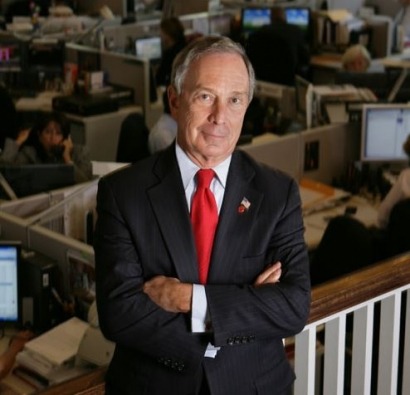
Although not "officially" announced by the mayor, several published reports have Bloomberg establishing a food scrap recycling program for the city within weeks, and then seeking proposals for the construction of a plant that will process that food waste into biogas, which in turn would be used to generate electricity.
A number of smaller US cities -- Seattle and San Francisco among them -- have mandated the recycling of food waste from homes, and recent pilot programs in New York suggest there's widespread enthusiasm for such a program in the Big Apple.
In his State of the City address in February, Bloomberg called food waste the city's final "recycling frontier,” noting New York buries 1.2 million tons of food waste in landfills every year at a cost of nearly $80 per ton.
That waste can be used as fertilizer or converted to energy at a much lower price. That’s good for the environment and for taxpayers,” Bloomberg said.
In an interview with The New York Times this morning, Deputy Mayor Caswell F. Holloway IV said the will shortly announce it is hiring a composting plant to handle about 100,000 tons of food scraps per year.
The residential program will initially work on a voluntary basis, but Holloway said it will be ultimately mandatory, and those who don't separate their organic waste may be subject to fines.
The city already imposes fines on those who don't recycle plastic, paper or metal. In past 12 months alone, The New York Times reported, the city Sanitation Department issued 75,216 summonses to home and building owners for failing to recycle.
Although Bloomberg leaves office at the end of the year, by that time or shortly thereafter, more than five percent of homes in the city are expected to be part of the voluntary program.
Assuming the program still has mayoral support, and several candidates for Bloomberg's job have already indicated it will, the program could expand to the entire city by 2016.
For additional information:

